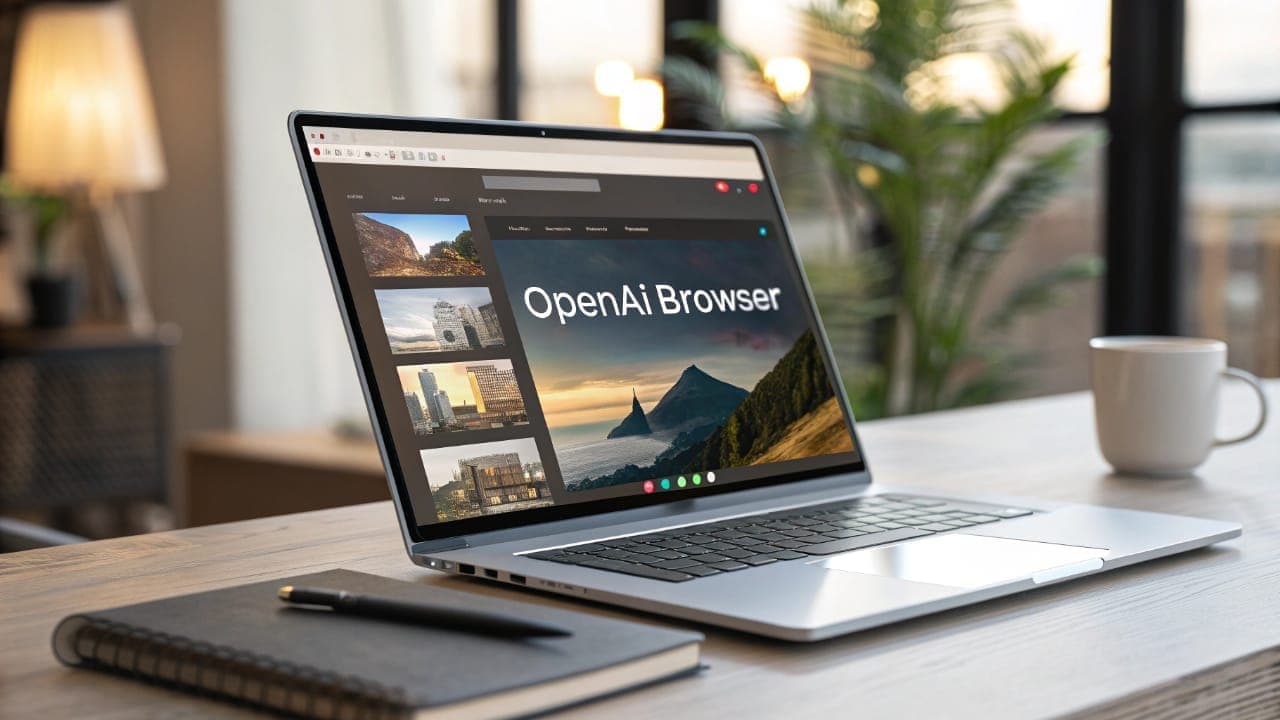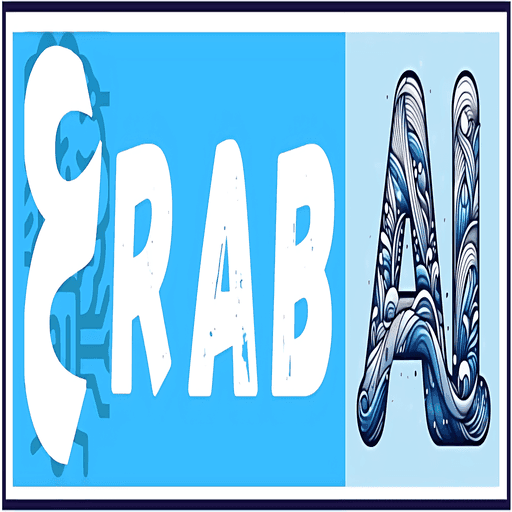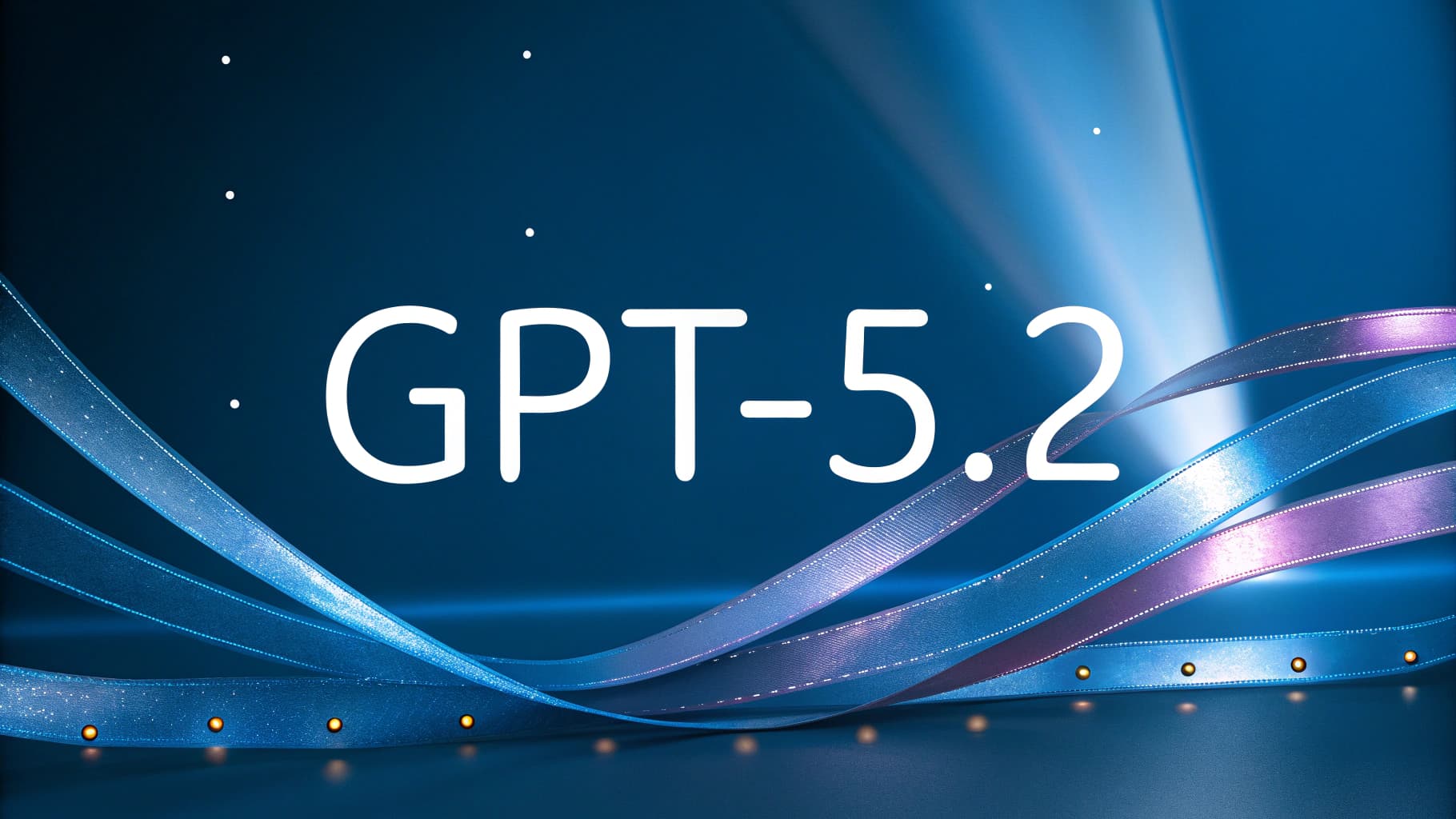
OpenAI to Challenge Google with an AI-Powered Web Browser
OpenAI, the creator of ChatGPT, is reportedly set to launch its own web browser in the coming weeks, a move that directly challenges Google Chrome’s long-standing market dominance.
According to multiple press reports, including a notable one from Reuters, the new browser isn’t just another tool for surfing the internet. Instead, OpenAI aims to fundamentally change how people interact with the web, relying heavily on the power of artificial intelligence.
A Browser with a Smart AI Agent Built-In
Sources familiar with the matter indicate the browser will feature a native, ChatGPT-like chat interface. This would allow users to interact directly with the AI from within the browser, eliminating the need to visit a separate website.
The new browser is also expected to integrate the company’s AI agent, known as “Operator.” This smart agent would be capable of performing tasks on the user’s behalf, such as booking appointments, filling out forms, or even completing online shopping based on simple commands.
On the technical side, reports suggest the browser will be built on Chromium, the same open-source project that powers Google Chrome, as well as other popular browsers like Microsoft Edge and Opera.
The Real Goal: Access to User Data
While the surface-level competition is about delivering a better browsing experience, a deeper strategic objective appears to be at play for OpenAI.
One source noted that launching a proprietary browser would grant the company direct access to one of the most critical pillars of Google’s success: user data.
By building its own browser rather than developing an extension for an existing one, OpenAI gains far greater control over the information it collects.
Such data is essential fuel for training its advanced models, offering more personalized services, and potentially opening new avenues for targeted advertising in the future.
The AI Browser Race is Heating Up
OpenAI is not the only player entering this arena. Just days before this news, Perplexity, a prominent AI search startup, launched its own browser named “Comet.”
This development comes at a time when Google is already facing legal scrutiny over its search market monopoly, with a court ruling that could potentially force it to sell the Chrome browser.
OpenAI had previously expressed interest in acquiring Chrome if authorities mandated such a sale.
The company has also strengthened its team by hiring key engineers who were part of the original Google Chrome development team.
With over 500 million weekly active users for ChatGPT, OpenAI has a massive built-in audience. This user base could help it make a significant splash and capture a meaningful share of a market that has been controlled by a single player for many years.




